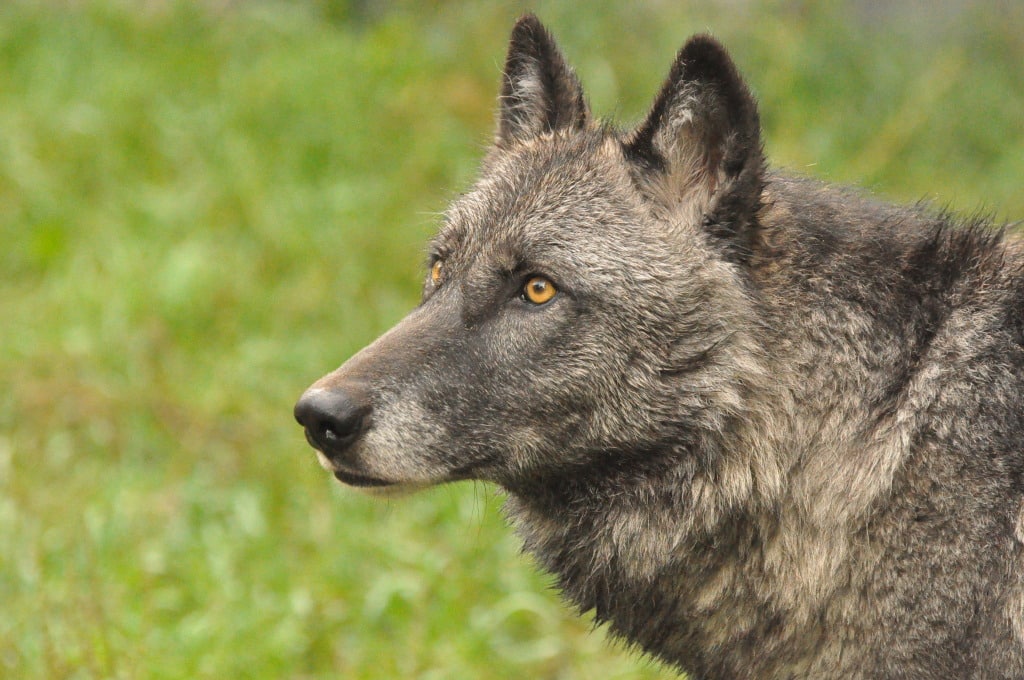

They are apex predators that hunt in packs, although they have very strong senses of smell which enable them to sniff out potential scavenging opportunities from several miles away. Scavenging is not the primary way of getting food for wolves. And one of the best ways to do that is to complement their hunting behaviors with occasional scavenging, as well as consuming plants or fruits they might find. To survive, they have to look for various opportunities that might present themselves to the wolves, which allow them to get ample food, especially in tougher times like the winter. They’re not predators that will hunt an animal at all costs – instead, wolf packs have been known to employ the tactic of patience in order to catch other animals. Wolves will only scavenge if they can’t find food otherwise or if they find an opportunity to do so that they can’t turn down.Īs you already know, wolves are opportunistic animals. Wolves, however, will likely be too strong and too imposing for some other scavengers in their habitats – the most common scavengers they have to face up to include hyenas, jackals, and vultures. They prefer food that is not older than a couple of days, which might be a bit challenging to find, especially in the winter.Īlso, wolves will sometimes face competition from other scavengers like bears, who will also occasionally scavenge on dead animals. So wolves will scavenge particularly on larger pieces of food that are not yet decomposing and are still relatively fresh. This allows them to easily kill the weakened animal, such as an older animal or a younger animal that has been hurt or is not yet capable of defending itself. They’re very well known for their ability to isolate weakened animals from a herd, such as ungulate herds. Wolves belong to the second category more than to the first one. Some will argue that a scavenger is an animal that only eats decomposing food of dead animals, while others will say that scavengers are also those animals that kill badly hurt or severely weakened animals that are already on the edge of dying. There’s also a discussion as to what a scavenger really is. Wolves prefer scavenging on fresh pieces of food that haven’t started rotting yet, such as carcasses of recently deceased animals, especially larger animals like ungulates. If the food has decomposed too much, they will rather leave it than eat it, while other scavengers will consume almost any type of food they can scavenge, including decomposing and unattractive food. Wolves, on the other hand, will not consume a piece of food they have scavenged if they don’t feel attracted to it. These scavengers who only do this as their primary way of getting food will scavenge on almost anything they can find, including decomposing flesh and carcasses that have started rotting already. This means that they will have to scavenge if they find the need to.īut their scavenging profile is very much different than the scavenging done by pure scavengers.

However, in some parts of the year, they might go through periods of famine, which means they will have to look for whatever food they can find around them. They are apex hunters that hunt in packs, making them highly effective especially against larger ungulates, which is their primary source of food throughout the year. Wolves are primarily predators but will also scavenge if they find the right opportunity to do so.Ĭompared to true scavengers like hyenas, wolves are more subtle and have other means of finding the right sources of food.


 0 kommentar(er)
0 kommentar(er)
